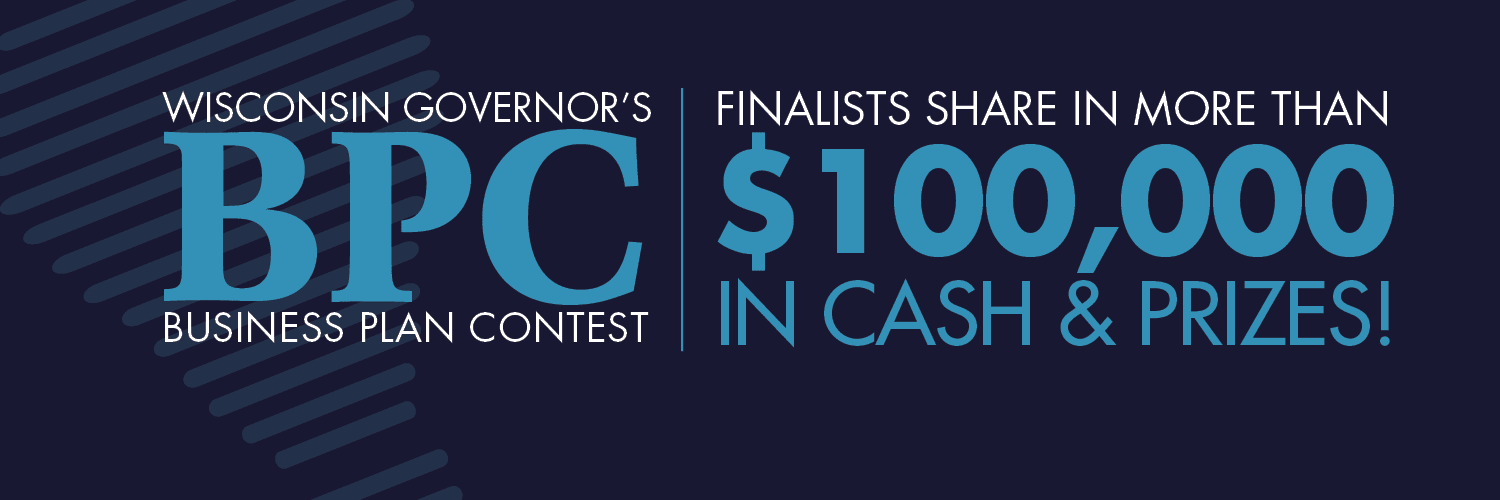By Tom Still
 WAUKESHA, Wis. – One of the highlights of the annual Governor’s Business Plan Contest is a half-day “boot camp” for contestants who reach the semi-final round. They gather to hear from experts on elements of writing a solid plan, to ask questions and to network with entrepreneurs like themselves.
WAUKESHA, Wis. – One of the highlights of the annual Governor’s Business Plan Contest is a half-day “boot camp” for contestants who reach the semi-final round. They gather to hear from experts on elements of writing a solid plan, to ask questions and to network with entrepreneurs like themselves.
I was thinking about this year’s crop of enthusiastic semi-finalists, who hail from Rhinelander to River Falls, and from Baraboo to New Berlin, in the context of the latest state-by-state assessment of early stage entrepreneurship by the Ewing Marion Kauffman Foundation.
The Kansas City-based Kauffman Foundation once again scored Wisconsin low in its revised index, 46th among 50 states and the District of Columbia. That’s after years of finishing dead last with little or no explanation of what could be done to improve things.
Rising from the cellar to 46th seems like scant progress – until you examine the report and study its four major categories.
- In the creation of new entrepreneurs, Wisconsin ranked 32nd out of 51 and third place out of eight Midwest states. That may be the statistic that matters most to many observers: How many new entrepreneurs are filling the pipeline?
- On the survival rate on young companies, Wisconsin ranked 23rd out of 51; sixth among eight Midwest states. That’s a measure of how long a new company lasts.
- On job creation tied to entrepreneurship, Wisconsin ranked 35th out of 51; fifth among eight Midwest states.
With those middle-of-the-road scores, how did Wisconsin sink to 46th overall? Its performance on a fourth and oddly subjective category called “opportunity share.”
Wisconsin ranked 50th out of 51, last among Midwest states, in that category. Kauffman defines it as an estimate of how many entrepreneurs created their business out of opportunity versus necessity.

Ewing Marion Kauffman Foundation
Here’s more detail on that definition from the report: “Opportunity share is … the percent of the total number of new entrepreneurs who were not unemployed and not looking for a job as they started the new business. This distinction is useful because it offers some insight into the influence of economic conditions on overall business creation.”
In other words, the report is saying people in Wisconsin are starting new businesses in roughly middling numbers, surviving at an above-average rate, and creating jobs at a somewhat lower rate. However, their reasons for doing so are not to pursue opportunity but out of need.
With one of the lowest unemployment rates in the country, that doesn’t make much sense. Very few Wisconsin people are out of work and compelled to start their own business because they’re unemployed.
Others may feel they “need” to become entrepreneurs because they’re not paid enough in their current jobs. So, the “opportunity” becomes the promise of more economic security down the road – even if it takes a while to get there.
Somehow, Kauffman crawled inside the heads of Wisconsin entrepreneurs and determined they aren’t motivated by opportunity as much as ‘treps in other states.
That brings me back to our “boot camp” participants, who were motivated to spend much of a day engaged in an exercise that was all about entrepreneurism. I didn’t ask for a show of hands of who was motivated by need versus opportunity, but I’m not sure that matters so long as they keep doing it.
It’s good news that Wisconsin ranks at least in the middle of the pack on creation of entrepreneurs, survivability and job creation, although there’s plenty of room for improvement on all fronts.
The “opportunity share” index is harder to gauge, however, and even reminiscent of a whimsical definition for people who are motivated enough to start a business: “An entrepreneur is someone who gives up a 40-hour per week job for the chance to work 80 hours a week.”
Maybe that’s what is meant by opportunity.
Still is president of the Wisconsin Technology Council, which produces the annual Governor’s Business Plan Contest. He is the former associate editor of the Wisconsin State Journal.


